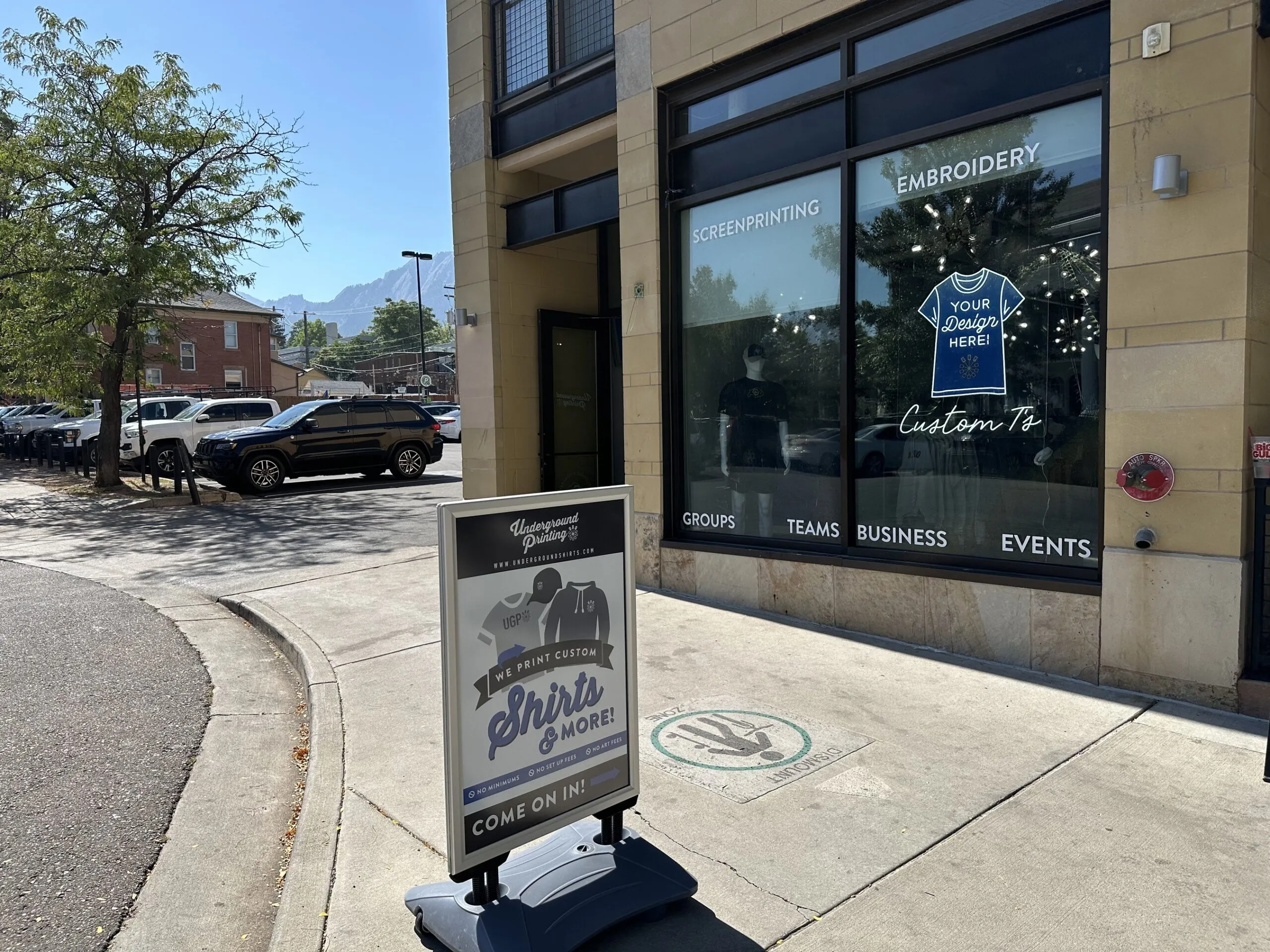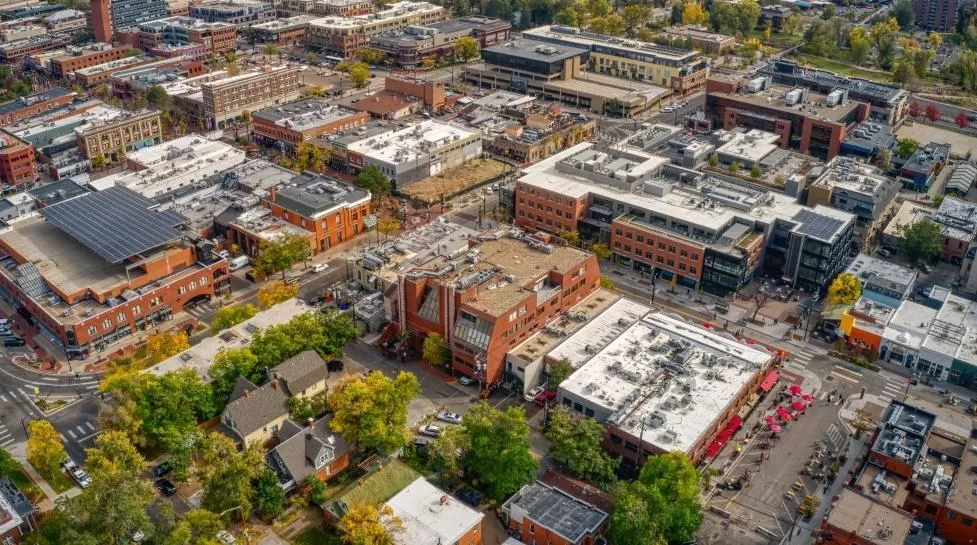NCAR receives funding to move COSMO project forward
BOULDER — The National Center for Atmospheric Research has received $5.6 million in funding approval to survey prospective locations for the Coronal Solar Magnetism Observatory, also known as COSMO.
The observatory will study magnetic fields in the sun’s atmosphere and help determine how they drive the formation of solar eruptions and other space weather that can affect technologies such as radio communications, GPS signals and electrical grids.
The National Science Foundation has approved the funding for the next stage of the project, which will include searching for a suitable location for the observatory. Ground-based solar telescopes are best placed in areas with stable, largely clear weather — they can’t see through cloud cover — and high elevation, which raises the telescope above the distortions that can be caused by the thicker atmosphere closer to sea level.
SPONSORED CONTENT
The funding will also go to completing the design of the 1.5-meter large coronagraph telescope, which will provide a rare, large-scale view of magnetism in the solar corona, the tenuous extended atmosphere of the sun.
A coronagraph blocks some of the brightness of the sun — much like a solar eclipse — so that things close to the sun can be viewed and studied.
The telescope will allow scientists to quantify the energy stored in the looping magnetic fields that emanate from the sun and to study how these fields may change before a solar eruption.
These observations will complement those taken from existing ground- and space-based solar observatories, including NSF’s new Inouye Solar Telescope, which sacrifices its wide view of the sun in favor of unprecedented high resolution of a much smaller area.
“COSMO will provide the big picture on coronal magnetism,” NCAR scientist Steve Tomczyk said in a written statement. Tomczyk is leading the project. “The ability to track changes in the magnetic field across the layers of the sun’s atmosphere on global scales will be a powerful tool for identifying and characterizing the sources of potentially damaging space weather and, ultimately, will provide better, more accurate, and more timely forecasts of the risk here on Earth.”
NCAR developed COSMO in partnership with the University of Michigan, the University of Hawaii, George Mason University, the Smithsonian Astrophysical Observatory, the University of Colorado, and the National Solar Observatory.
© 2020 BizWest Media LLC
BOULDER — The National Center for Atmospheric Research has received $5.6 million in funding approval to survey prospective locations for the Coronal Solar Magnetism Observatory, also known as COSMO.
The observatory will study magnetic fields in the sun’s atmosphere and help determine how they drive the formation of solar eruptions and other space weather that can affect technologies such as radio communications, GPS signals and electrical grids.
The National Science Foundation has approved the funding for the next stage of the project, which will include searching for a suitable location for the observatory. Ground-based solar telescopes…




